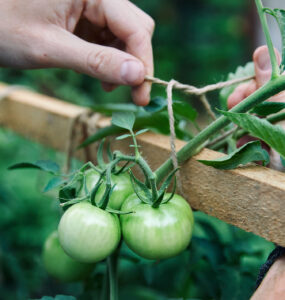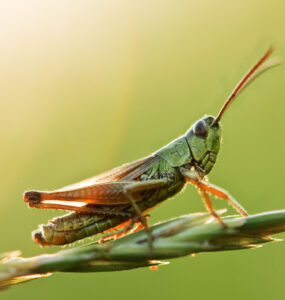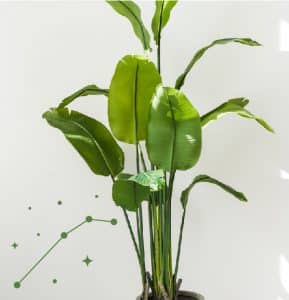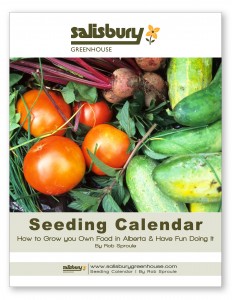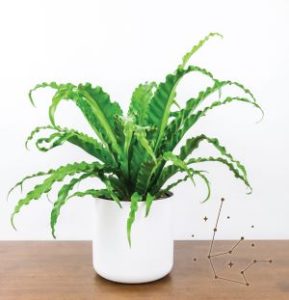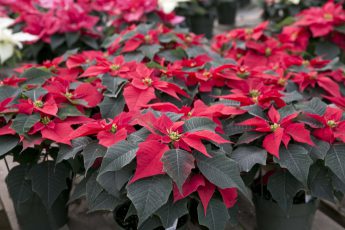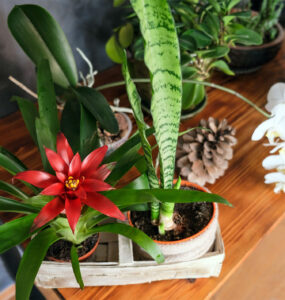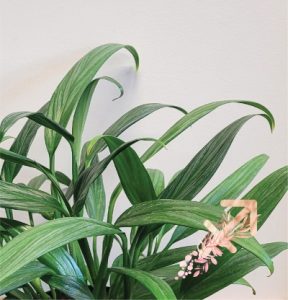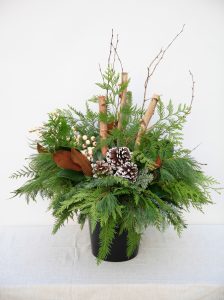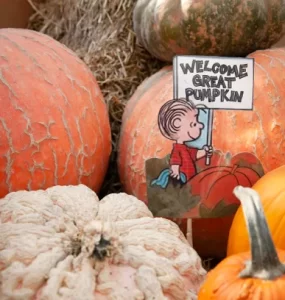Voles 101
by Rob Sproule
I don’t know about you, but to me the spring thaw is one of the most anti-climactic events of the year. The first warm days of March, when the gutters fill with running water and winter’s vice grip loosens a little, make me bristle with excitement. Once the snow is gone, however, and our yards look like flotsam covered beach after a storm, it can feel like a long, brown road until spring.
A lot goes on under the winter snow. If you’ve noticed long, meandering lines that look like giant worms have crawled and chewed their way across your lawn, it’s a good bet that mice and/ or voles have been having a party down there.
What’s the Difference between Mice and Voles?
While wild Alberta has many more species, there are really only 3 species of furry little varmints that we need to know about. The most common is the all-too ubiquitous house-mouse. This industrious fella is small, brown, agile, and opportunistic at squeezing into our homes and lives.
The Deer mouse (or White-footed mouse), is larger than the house mice with large round ears and a white belly (think “Mickey”). Deer mice are fairly rare in urban areas but are of special concern as they’re a prime carrier of hanta virus.
Meadow Voles, which are often called the misnomer Field mice, are compact and stocky with short legs and a short tail. They’re the darkest coloured varmint, and is more closely related to muskrats than mice. They’re short-lived, notably monogamous, and surprisingly prolific under their thick snowy blankets. Bad vole summers, like the one we’re about to have, correlate to winters with a heavy snowpack.
The Damage they do
While mice are notoriously known for the damage they do to homes, voles don’t climb and inflict their damage at ground level or, more insidiously, below. Mice look for convenient hiding spots underground but voles construct elaborate tunnel systems, chewing their way through roots as they go.
Vole damage to lawns becomes glaringly evident as the snow melts. It will look like a 2″ wide worm has squiggled and chewed across your lawn. You probably won’t see much damage after this; once spring sets in they move underground.
As summer advances, keep an eye on your trees. If some of them are struggling, with no evident disease, bug, or other cause, you may have voles tunneling around the roots (and therefore weakening them).
Controlling Them
Voles are so elusive that they can be difficult to control. If you want to protect your trees with a physical barrier, you’ll need to wrap a metal mesh around it (just within the drip line to protect the roots). It will need to extend 12-18″ above the surface and 6″ beneath.
Like all rodents, voles hate capsicum (the ingredients in hot peppers that gives them spice). Blend some of the hottest peppers you can find with some onions and drip the mixture into every vole hole you can find. Try to keep it off the surface in case dogs and cats get into it.
As per mice, you can use snap traps to control their numbers. Lay them carefully at vole hole entrances and check daily. As with capsicum, try to keep them off the surface to save the paws of local pets.
Badgers, coyotes, cats, and especially owls adore fresh vole! Unless you live in a rural area, however, many of these critters can be hard to come by.



